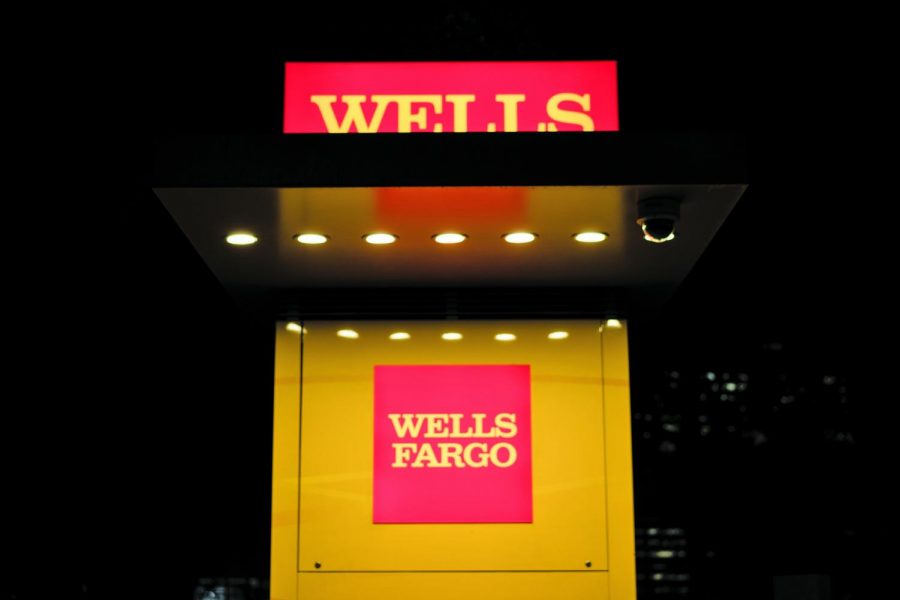Same banks that contributed to 2008 stock market crash continue to go unchecked
Despite a huge fraud account scandal, Wells Fargo has made a profit of nearly $6 billion in only the first quarter of 2018.
Ten years ago this month, the nation faced a financial crisis worse than any since the Great Depression. The fallout from the market crash has affected every area of American life; the political and economic realities of 2018 America are vastly different from those that characterized the country 15 years ago.
Economic insecurity and a deep resentment towards the institutions that led the country into the crisis have further exacerbated partisan divisions, leading, at least in part, to the rise of extremism and the election of Donald Trump.
After all of this turmoil and anguish caused in large part by the banking industry’s risky, unethical and, at times, illegal behaviour, the Trump administration is working on behalf of Wall Street and the big banks to roll back regulations designed to prevent another crisis from happening and hurting the American public.
In May of this year, Congress rolled back a key part of the Dodd-Frank Act, the legislation intended to rein in the banking industry by increasing government oversight and creating the Consumer Financial Protection Bureau, leaving only 10 major banks subject to the rigorous checks that our country needs to maintain a sense of economic safety.
This is the exact opposite of the right approach. The big banks – AIG, Bank of America, and Wells Fargo, among others – have not sufficiently proven that they’ve changed following the financial crisis.
Since 2008, banks and other financial institutions have paid out over $160 billion in settlements for their involvement in the crash and subsequent cases. Wells Fargo faced a massive scandal when it was revealed that they had incentivized employees to set up around two million fake and illegal accounts for existing customers without their knowledge. Other scandals with almost every other major bank abound.
Before the crisis, banks such as Lehman Brothers and AIG practiced unethical behaviour, consolidating toxic assets into supposedly “secure” packages and raking in record profits. The shock of the market crash is only surprising in hindsight: looking back, it’s easy to see that we were headed for a cliff.
Perhaps the most infuriating part of this story is how well the major banks are still doing. The five largest ones are even reporting record profits due in part to the tax cuts Trump passed last year. Wells Fargo alone reported a profit of almost $6 billion in the first quarter of 2018.
Contrast this with how Americans are doing on average: the median income for American households only recently rose to pre-recession levels. Many are still struggling from the financial destruction caused by the crisis.
In a just world, these facts would put the big banks out of business. In a just world, Wells Fargo would no longer exist. What company should, in theory, survive a public outcry over its overtly illegal practices, especially ones as egregious as opening millions of fake accounts without customer knowledge?
However, this is the world we continue to inhabit. Congress should be taking steps to continue curtailing the big banks, not dismantling what few regulations we were able to impose. Our elected representatives need to begin working on ways to diminish the power of these enormous corporations so Americans can have the economic security we deserve. Either that, or we need to replace them with politicians that will, come this November.







